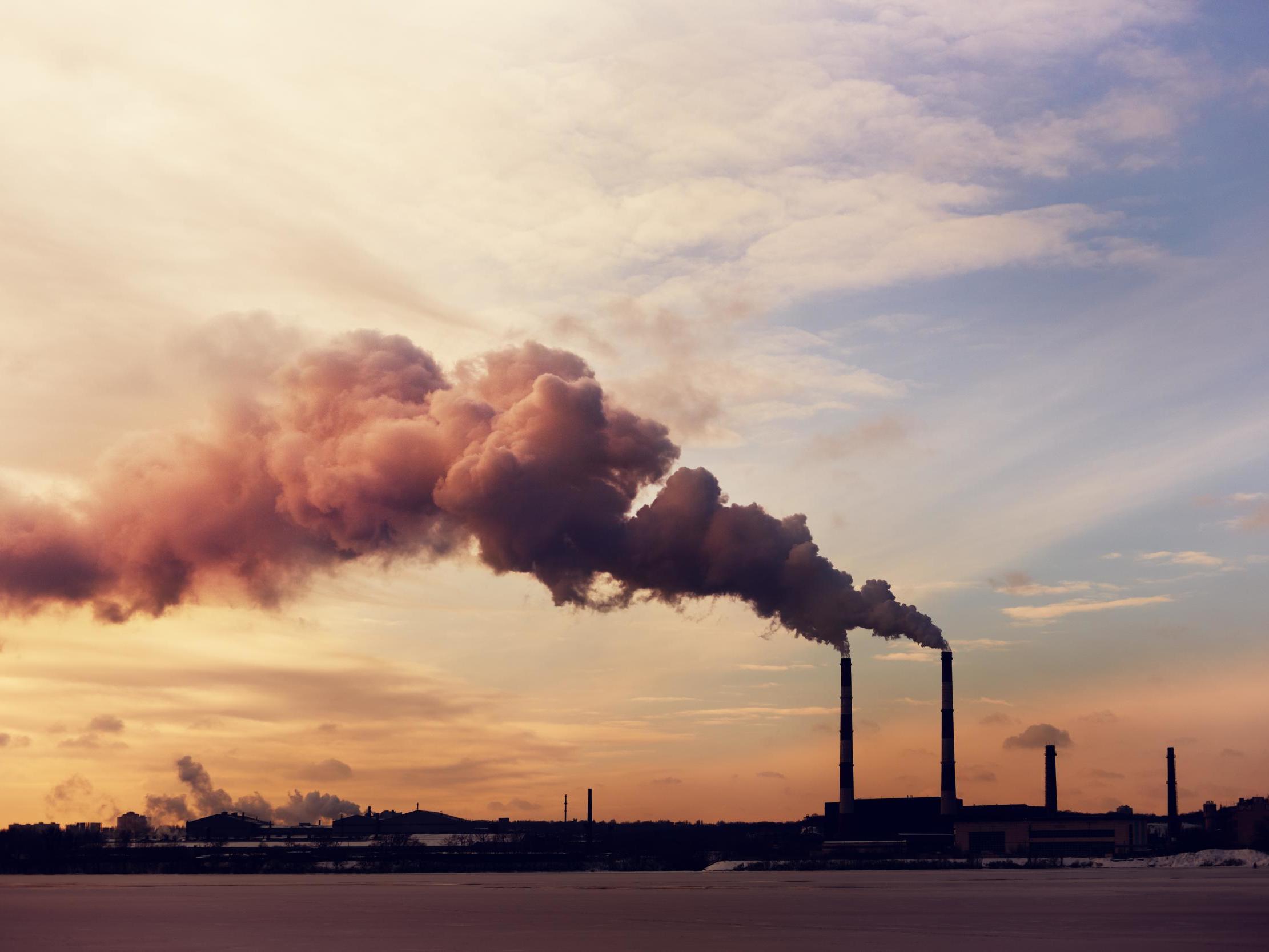UK is set to miss net-zero 2050 target with ‘dire consequences’, MPs warn
‘Although the government may be ambitious when it comes to reducing carbon emissions, it is not putting the policies in place’

Your support helps us to tell the story
From reproductive rights to climate change to Big Tech, The Independent is on the ground when the story is developing. Whether it's investigating the financials of Elon Musk's pro-Trump PAC or producing our latest documentary, 'The A Word', which shines a light on the American women fighting for reproductive rights, we know how important it is to parse out the facts from the messaging.
At such a critical moment in US history, we need reporters on the ground. Your donation allows us to keep sending journalists to speak to both sides of the story.
The Independent is trusted by Americans across the entire political spectrum. And unlike many other quality news outlets, we choose not to lock Americans out of our reporting and analysis with paywalls. We believe quality journalism should be available to everyone, paid for by those who can afford it.
Your support makes all the difference.The UK will miss its legally binding net-zero 2050 target with “dire consequences” unless climate policies are rapidly implemented, MPs have warned the government.
Efforts to reduce emissions have been undermined by “unacceptable” cutbacks and delays, according to a report from the Science and Technology Select Committee.
The government has cut grants for low-emissions cars, frozen fuel duty while train and bus fares have continued to rise and also removed policies to improve the energy efficiency of homes, MPs found.
Committee chair Norman Lamb said the UK is currently not on track to meet its goals into the 2030s, let alone net zero.
“Throughout our inquiry, it was worrying to hear that although the government may be ambitious when it comes to reducing carbon emissions, it is not putting the policies in place which are needed to achieve those targets. We need to see the government put its words into actions,” he said.
“We heard of cutbacks in various programmes and slow progress, which are incompatible with the UK’s two upcoming, legally binding carbon budgets – this is unacceptable. If governments across the world fail to act, it will have dire consequences for the environment and generations to come. The scale of the challenge cannot be underestimated.”
Hitting the target requires efforts to cut carbon emissions from heating systems, improve home energy efficiency, tackle vehicle pollution, support onshore wind and solar power and sustain nuclear power without growing the industry, the report said.
Meeting ambitions for virtually all cars and vans to be low carbon by 2050 will require 20,000 new registrations a week on average, compared to 1,200 ultra-low emissions vehicles registered each week in 2018, the report said.
Stuart Haszeldine, professor of carbon capture and storage at the University of Edinburgh, who was not involved in the report, said: “This illustrates the continual and widening UK gap between political top-down ambition, government delivery by the risk-averse civil service, and disconnect to conventional, commercial, un-charitable reason from the bottom-up.
“Fundamental change is required, but government keeps papering the cracks instead of fixing the foundations."
The committee joined calls for the government to bring forward a ban on the sale of new conventional cars and vans planned for 2040 to 2035 at the latest, and for it to explicitly cover hybrid vehicles.
It also called for moves to tackle emissions from car manufacturing, and urged greater efforts to reduce vehicle ownership, and boost public transport and car sharing, as well as walking and cycling.
The report also said the government must commit now to large-scale trials of low carbon heating technology such as heat pumps, and replacing gas with hydrogen.
A policy to make new homes “zero carbon”, which was scrapped before it was implemented in 2016, should be urgently reintroduced, and incentives are needed to encourage people to make energy efficiency improvements, it said.
Ministers must support new onshore wind and large-scale solar power projects which have local backing, the report added.
The government should also publish an easily accessible central guide for members of the public explaining what measures individuals and households can take to support the UK’s emissions-cutting.
Myles Allen, professor of geosystem science at the University of Oxford, said stopping climate change is “astonishingly simple”.
He said: “What the government really needs to do is get the CEOs of about 20 fossil fuel companies into a room and ask them to explain how they plan to make both their activities and the products they sell compliant with net-zero global carbon dioxide emissions by mid-century. If any company cannot or will not answer the question, then we need to ask whether they should have a license to operate in the UK or a listing on the London Stock Exchange,” he said.
Danielle Rowley MP, shadow minister for business, energy and industrial strategy, said: “At a time when all policies should take account of environmental impact, bus and train fares have been allowed to increase year on year, often making driving the more affordable option. If the government was serious about taking the urgent action needed on the climate emergency it would take immediate steps today, for example banning fracking, overturning its effective ban on onshore wind, and extending free bus travel to all under-25s.”
Join our commenting forum
Join thought-provoking conversations, follow other Independent readers and see their replies
Comments